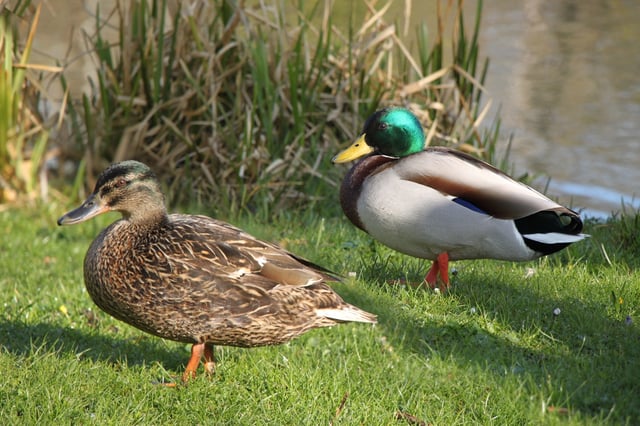Overview
- The peer-reviewed Science Advances paper combined Species360 zoo records with wild datasets across 1,176 species to model adult life expectancy by sex.
- Female mammals showed an average 12–16% advantage in zoos and about 19% in the wild, while male birds averaged a 5–6% edge in zoos with larger gaps in the wild.
- Mating system and sexual size dimorphism strongly predicted which sex lived longer, with clade-specific exceptions that include some raptors and a minority of mammals.
- The lifespan bias persisted even in zoos with reduced predation and disease, indicating deep evolutionary drivers rather than only environmental risks.
- Researchers say the work helps explain women’s global longevity advantage and indicates parts of the human gap may be reduced through behavioral changes and preventive care.



